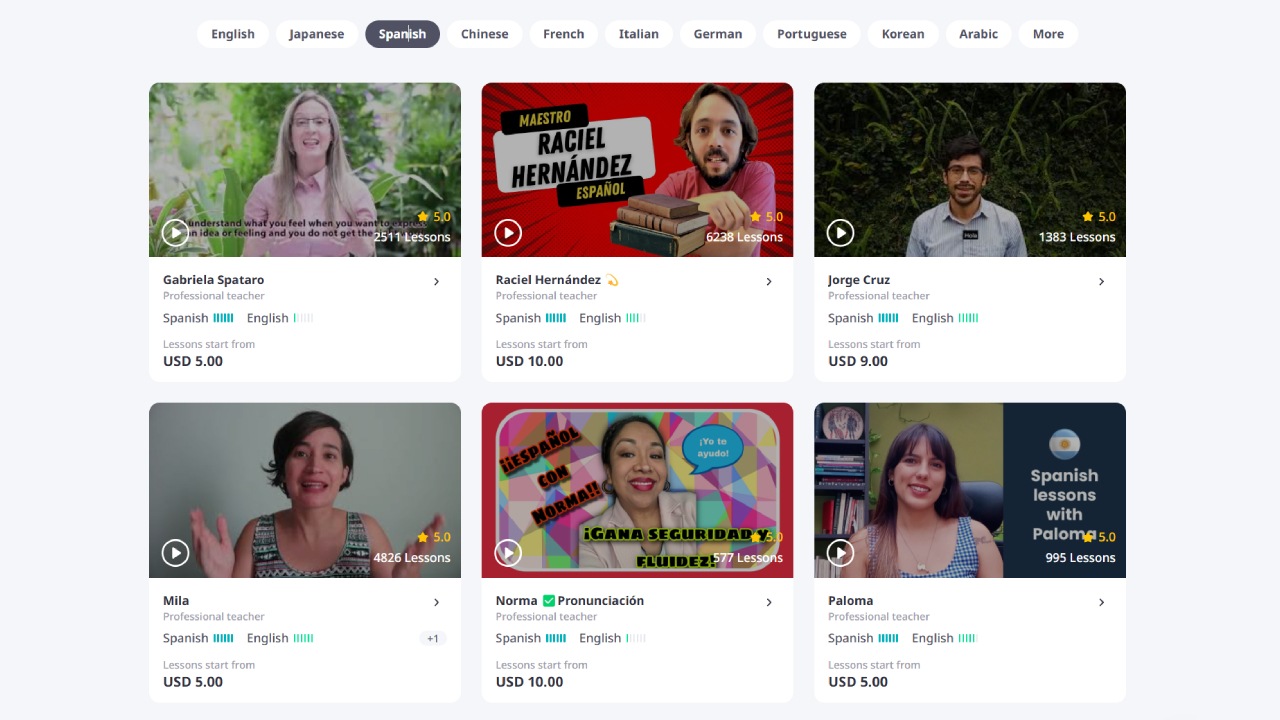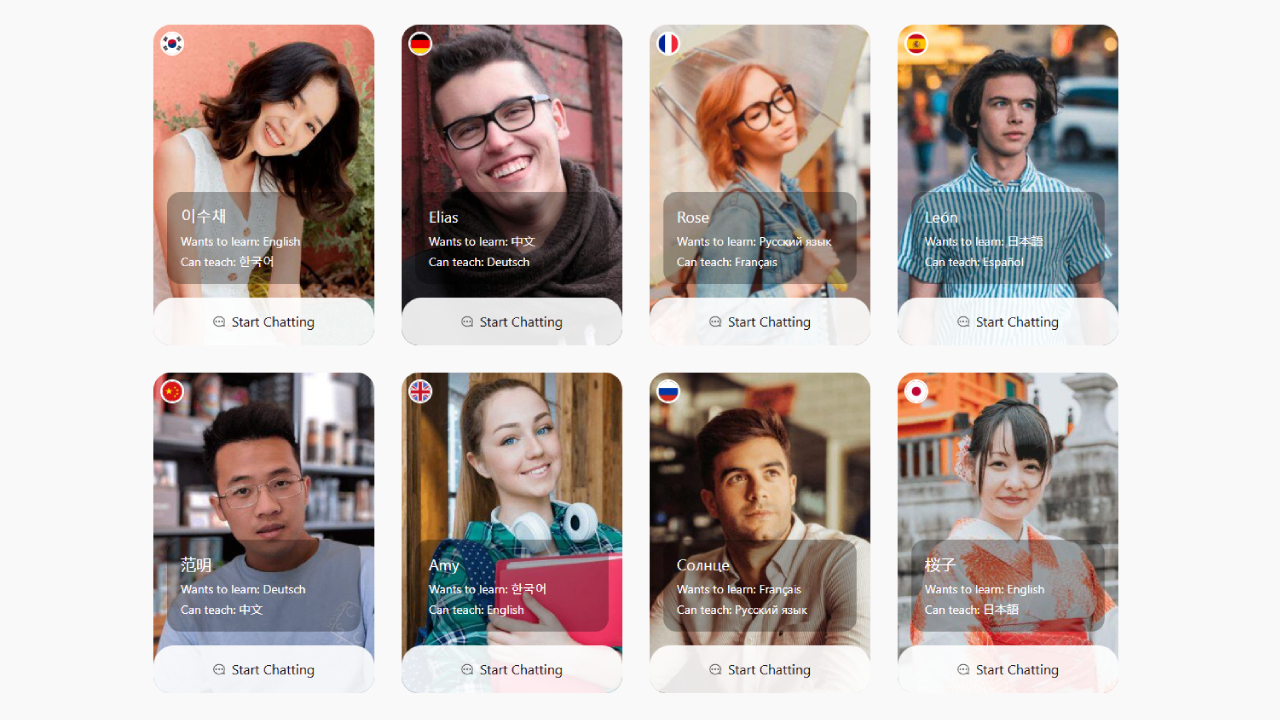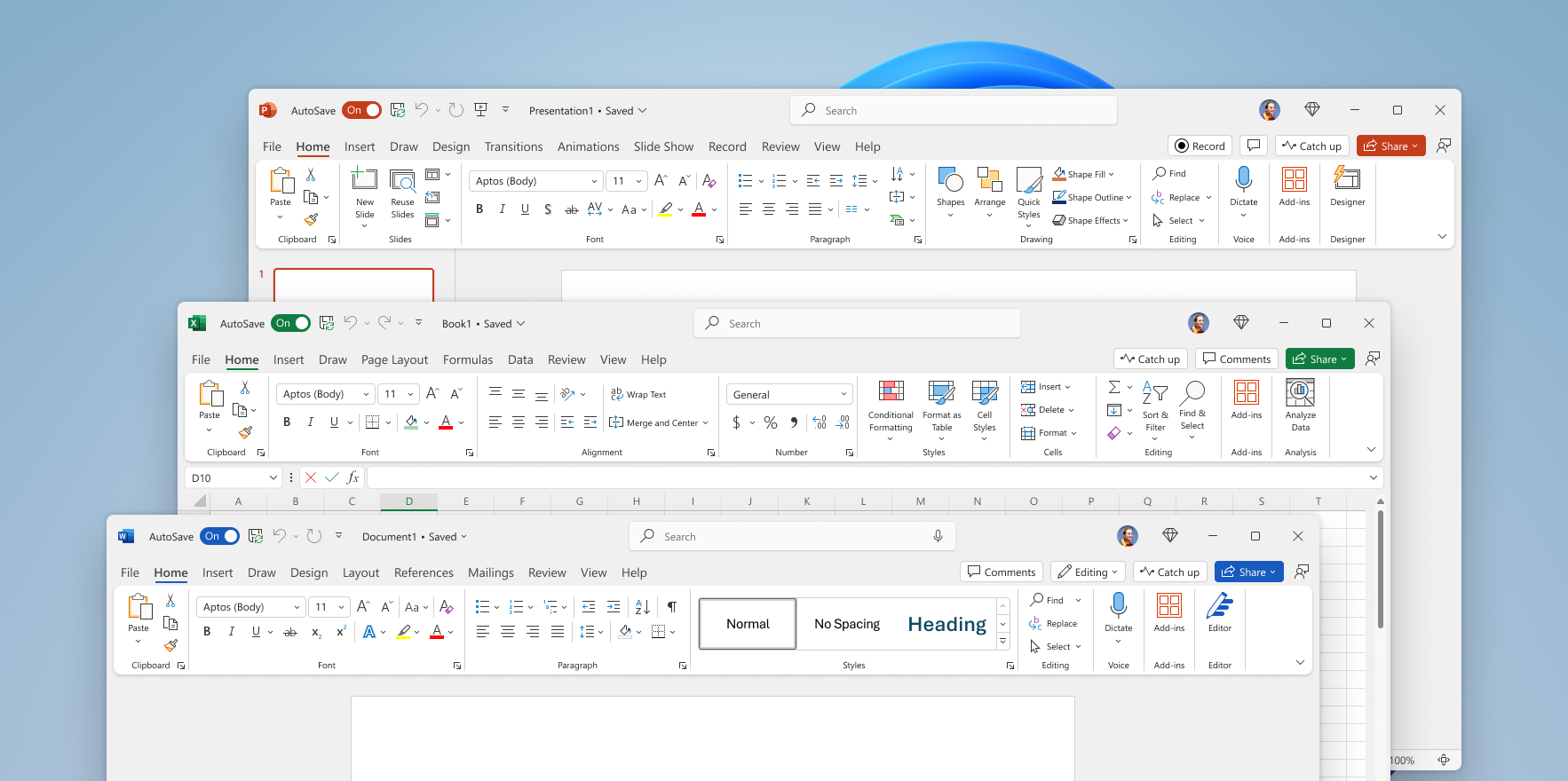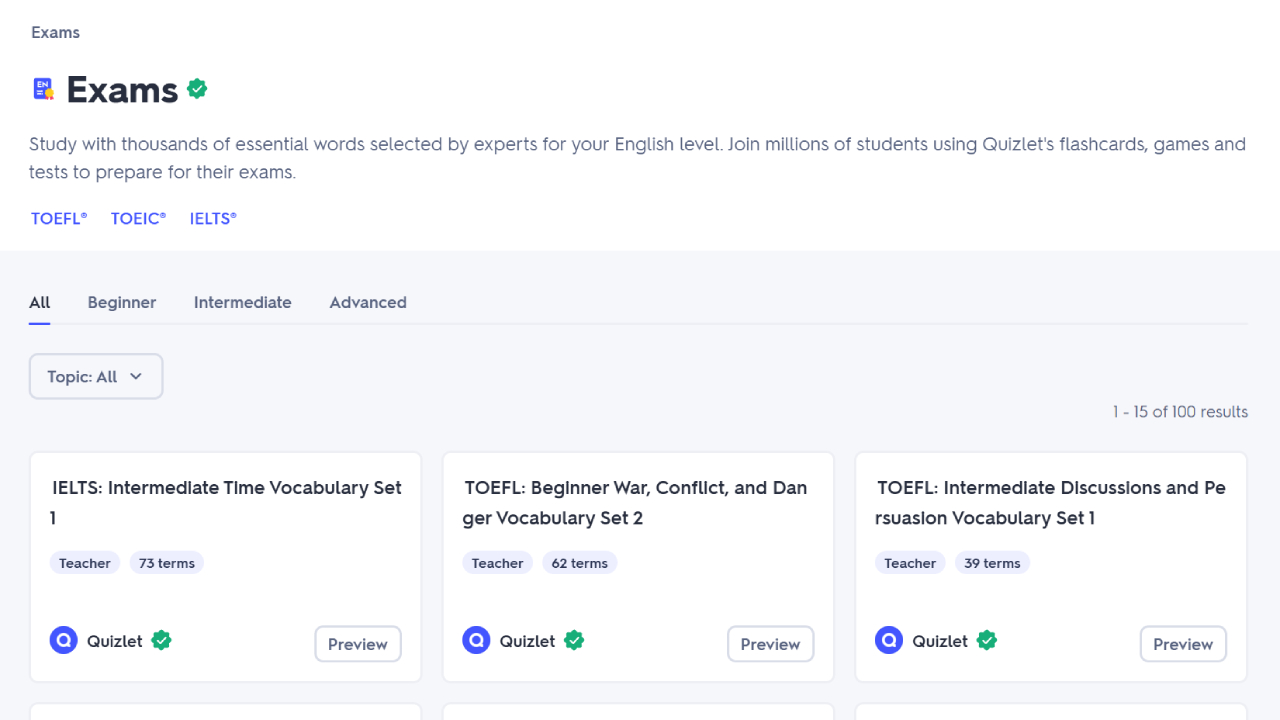Bolstering your education isn’t always something that can be accomplished exclusively through your college courses or school work, and for some, using the resources found across the web is their only way of getting the learning they need to succeed in their field. After all, we live in the age of the internet, and there’s no resource you cannot get access to through an application or website. These applications also make an excellent companion to the best laptops for college.
Keeping this in mind, we’ve compiled a collection of vital education applications that you might not be able to live without, some providing tutors, others for video lessons, and some even offering a social platform for language learners to interact.
Essentially, these applications can be vital for your education, and if you find yourself struggling with a topic because your professor or teacher is going too fast and isn’t taking the time to accomodate you, don’t just passively sit by while you lose touch with your understanding of the subject. Taking the extra step to solidify your understanding is highly recommended, and it can get you further along in your field with less of a headache.
So without further ado, here are the best applications for education.
Udemy
Udemy is one of our top picks for the best education apps, as it is especially useful for those who need to quickly learn things through online courses, especially as supplements to their existing classes or even if they need it all on its own.

Udemy is essentially a website that features over a hundred thousand online courses, which are rated by the users who experience them (so you can get a sense of which ones are actually worthwhile and properly teach you what you need to learn). Individual courses can be purchased, but some courses can be accessed through Udemy’s subscription service, which starts at $19.99 a month.
You can easily sort courses in Udemy through the category, with options for data science, IT certifications, leadership, web development, communication, business analytics & intelligence, with specific sections dedicated to ChatGPT, data science, Python, machine learning, statistics, web development, JavaScript, and far more.
italki
italki is an excellent language learning platform that allows users to directly connect with tutors and take lessons from them for an alloted time. It’s flexible so the user can select their times based on when the tutor is available within a certain slot of time, so even if your availability is constantly shifting, you can figure out what works for you.

I used italki when I was learning Japanese, and I really enjoyed easily being able to stay in contact with my tutor, scheduling lessons without difficulty, and connecting seamlessly through their online platform to engage with lessons. If you’re looking to learn a language, and want that extra bit of help to assist in your training, look absolutely no further than italki.
HelloTalk
Whereas italki acts as a solid way to receive tutoring from someone, HelloTalk is a social platform the prioritizes language exchanges to help both users learn more about their desired language. For example, if you’re a native English speaker looking to learn Spanish, you can match yourself up with native Spanish speakers looking to learn English. From there, you can engage in text conversations where you both try to take turns chatting with each other in both languages. And any mistakes you made can be assisted by the other person, while you can help the other person as well.

I used HelloTalk for over a year while learning Japanese, and it was an excellent platform for making friends who speak the language, as we’d have weekly scheduled voice calls where we’d each take thirty minutes speaking in Japanese and then another thirty minutes in English. Beyond just being a great tool for learning the language, I made dozens of friends and I was treated to learning more about the culture. It’s an excellent tool for all language learners.
Duolingo
I personally have mixed feelings on Duolingo. I used it at two different points in my life, once to learn French, and a second time more recently to learn Japanese. Both times I felt it was lacking and too forgiving, and it was the least helpful language learning application that I used throughout my studies.

However, Duolingo is an enormous platform and it has millions of users for a reason, so ignoring my gripes with the application, there’s a chance it could be just right for you.
Duolingo essentially has the user fill go through small lessons, and then fill out prompts and complete sentences over and over again in order to drill those new words and sentences in their head. One benefit of Duolingo’s size is the language availability, as there are currently 40 languages to choose from, including Spanish, French, Japanese, Korean, German, Italian, Hindi, Chinese, Russian, Arabic, and far more.
Microsoft Office 365 for Education
Most people don’t get the priviledge of Microsoft Office 365 without coughing up a good bit of money, as the personal plan costs as much as $69.99 a year, which is typically enough for one person, and allows the user 1TB of cloud storage, providing premium access to Microsoft Word, Excel Powerpoint, Outlook, Defender, Clipchamp, OneNote, Teams, and more. Keep in mind, some of these software are already available to Windows users, but there are premium features locked behind it.

But if you’re a student, there’s a good chance you can forego the cost entirely through Microsoft Office 365 for Education. All you need is a school-attached email (which usually works for colleges, but can even work for high school if you have a high school email), and by using that school email, you will be given access to Microsoft Office 365 for free.
Quizlet
Quizlet is an application that fosters interactive flashcards, practice tests, and activities for studying. You can also use flashcard sets created by other users, with some popular flashcard sets available now including ones for alegbra, Spanish, business associations, nutrition, spelling, ethic in technology, economics, and far more. There’s plenty of options to choose from, but you can also build your own sets.

The application also breaks down each of its subjects into sections, meaning it’s easy for you to know what you need to study once you find your key section. For example, if you need help passing the International English Language Testing System exam, there’s a section dedicated to that. And if you wanna check sections dedicated to literature, arts and humanities, languages, math, science, social sciences,, and more.
Khan Academy
Khan Academy is a legendary application that has been helping students through school and college for many years (even when I was in high school, people were using Khan Academy for complex math subjects).

Essentially, Khan Academy features video lessons around all sorts of topics, and provides practice material to help test your knowledge. And now, Khan Academy has grown even more complex, featuring test prep for the LSAT, Digital SAT, MCAT, and having sections divided by grades, with math focusing on Pre-K to 8th grade, but once it goes past that point, it features divisions based on algebra 1, algebra 2, geometry, intergrated math, trigonometry, and far more, even reaching college level calculus eventually.
There’s even a part of the website that helps you get an understanding of what’s expected out of you in math based on which state you’re in.
Photopea
While it’s not necessarily an educational app, it can be pretty important if you’re in a pickle and need an easy-to-use photo editing software that doesn’t require any sketchy downloads.

You can simply go to the Photopea website and begin using it immediately, with the service offering tools to modify photos, use magic wand tools, add text, insert shapes, draw, color select, use stamp modes, add filters, compile layers of images atop one another, and far more. While it’s not quite as complex as Photoshop, it is essentially the next best thing if you’re on the prowl for something easy to use, and most importantly, completely free.
You’ll have to deal with some annoying ads, and the website will constantly ask you to support it after exporting a file, alongside adblockers causing the website to not work (at least the ones I’ve tried), but it’s all worth it for a completely free photo editing service that doesn’t cost an arm and a leg like Photoshop does.
Evernote
Evernote’s a note-taking application that is popular among students and is excellent for bolstering your education, as it is essentially an easy way to make your work easy to read and organize. It’s perfect for students who are allowed to actually use a computer in class, and if you are, then this is one of the best options for making your education more convenient.
While the app’s design lacks some finesse, it does simplify note-taking by capturing quick tasks and saving documents as web pages. The process of searching through notes is now simplified through Evernote’s AI-powered Instant Recall, so all you need to do is tell it what you want in plain language. For instance, you can tell the app you want to search for “notes from last week” or “my notes about meetings” to quickly find what you’re looking for. All of this info is then synced to the cloud, so all of your devices have access to the same data.

Evernote plans include Personal at $15 a month (or $130 a year) that lets you create up to 150,000 notes, 2,000 notebooks, 10GB monthly uploads, and unlimited connected devices. Professional at $18 a month (or $170 a year upgrades to 20GB monthly uploads, alongside AI-powered search and AI editing. Teams at $25 a month (or $250 a year) allows for shared access, a centralized admin account, and an additional 2GB of monthly uploads per user.





